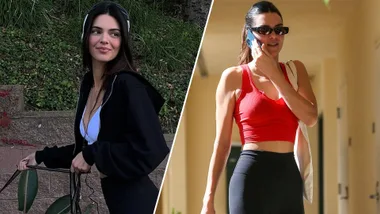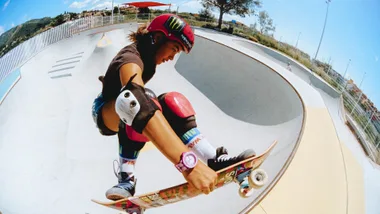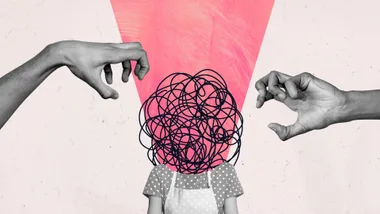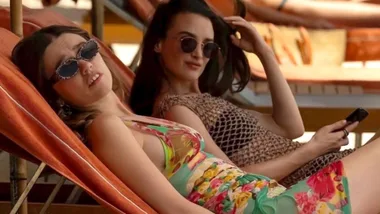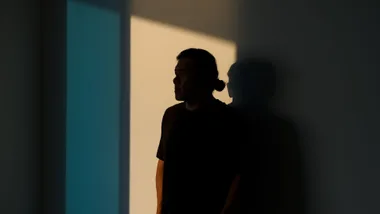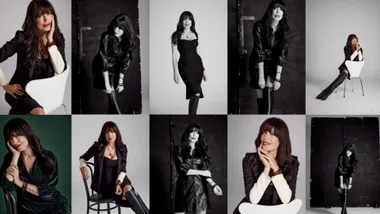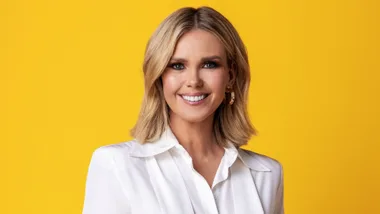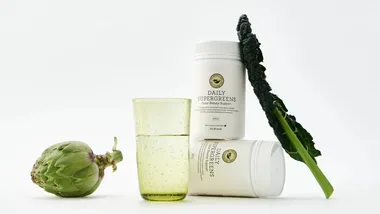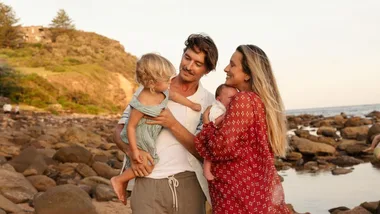So this happened last week: I forgot my KeepCup, and tried to order a takeaway latte without a lid. The barista looked at me like I was an insane person.
“To go?” he said.
“Yes, without the lid, if that’s okay?”
It wasn’t okay.
While I was distracted by some cronuts, he took his chance to save me the supposed humiliation of being seen with a beverage open to the elements, and pushed a lid onto my paper cup. Which, BTW, is actually paper lined with a thin layer of polyethylene.
I wanted to cry. I was nowhere near my goal of going plastic-free this July.
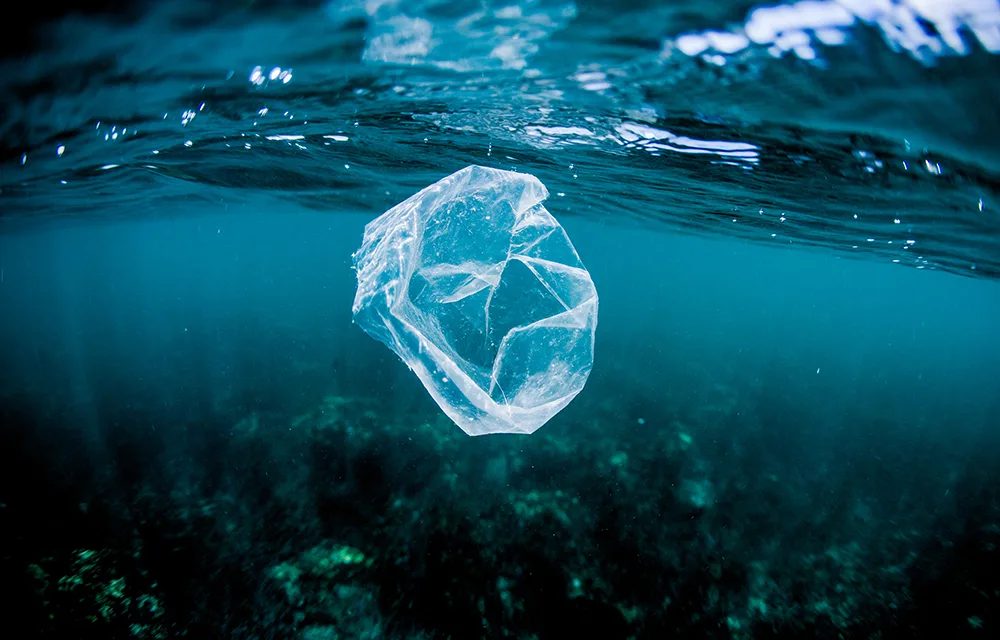
But today I feel differently. I can see what Plastic Free July campaign founder Rebecca Prince-Ruiz means when she tells me, “the challenge is something tangible and positive you can do to make change, and it has a ripple effect.” Because Brad Banducci, CEO of Woolworths Group, which owns Woolies supermarkets, Big W and BWS stores, has just announced a phase-out those unconscionable free grey plastic shopping bags.
“We currently give out more than 3.2 billion lightweight plastic bags a year and hence can play a significant role in reducing overall plastic bag usage,” he said on Friday. “Our customers can also expect further commitments in reducing plastic use in all parts of our supply chain, especially in fruit and vegetables.”
Happy dance! If you follow me on social media, you will know how I feel about them selling sweet potatoes packaged in plastic.
Coles and Harris Farm Markets have followed Woolies’ lead. The bags will soon be banned!
Now, I am not suggesting the war on plastic pollution has been won. But I am stoked that our big supermarkets are listening to what consumers, and campaigners like Rebecca Prince-Ruiz, are saying: that single-use plastics suck. That we do not need them. And that their environmental impacts are unsustainable.
Synthetic plastics are man-made from non-renewable oil-based resources, and harbour lots of nasty chemicals. But they are cheap, and have become ubiquitous.
Look around you. Plastic is everywhere. Both in plain sight: plastic drinks bottles, straws, bags, pasta packets, jam jars, toothpaste tubes, pens, furniture, toys, you name it. And hidden. Sneakily lurking in unexpected places, like those coffee cup linings, and similar ones inside milk and juice cartons.
I was shocked when I found out that discs of plastic line the insides of metal beer-bottle tops. Often the labels on glass containers are plastic too. Scary stat: Aussies recycle just 30 per cent of plastic packaging.
Plastic microbeads contaminate our cosmetics and personal care products – they’re used to exfoliate or add texture (download the free Beat the Microbeads app to check your go-to brands).
Meanwhile about two-thirds of the clothing bought in Australia is made from synthetic fibres. Your yoga pants? Plastic. Fleeces? Plastic. Nylon tights, Lycra swimmers, “silky” polyester frocks and blouses, plastic, plastic, PLASTIC!
Why should we care? Don’t get me started! Synthetic fibres shed tiny plastic microfibres in the wash. These fibres escape into our oceans where they join those microbeads, and the countless carelessly discarded plastic bags, abandoned fishing nets (which make up about 10 per cent of marine debris) and billions of pieces of plastic junk that for whatever reason don’t make it to landfill. All this breaks up, but not down. Plastic is not biodegradable. Bar the small amount that’s incinerated (bad idea, the smoke is highly toxic) every piece of plastic ever made still exists on this planet in some form.
As marine biologist and model Laura Wells explains in Episode 1 of my Wardrobe Crisis podcast, our oceans are turning into plastic soup. By 2050 there will be more plastic in the ocean than fish.
Want another reason to care (apart from turtles eating bags thinking they’re jellyfish)? Try our own diets. Ocean plastics act like toxic sponges, sucking up chemicals from the surrounding water. We are only now beginning to understand the effects of bioaccumulation in the food chain. Put simply, toxicity magnifies the further up the food chain you go. Fancy tuna for supper?
Meanwhile PVC-based plastics including commercial cling wrap contain endocrine-disrupting phthalates that can leach into food. Even re-usable plastics, which seem like a grand idea, can mess with our health – polycarbonate materials release carcinogenic BPAs.
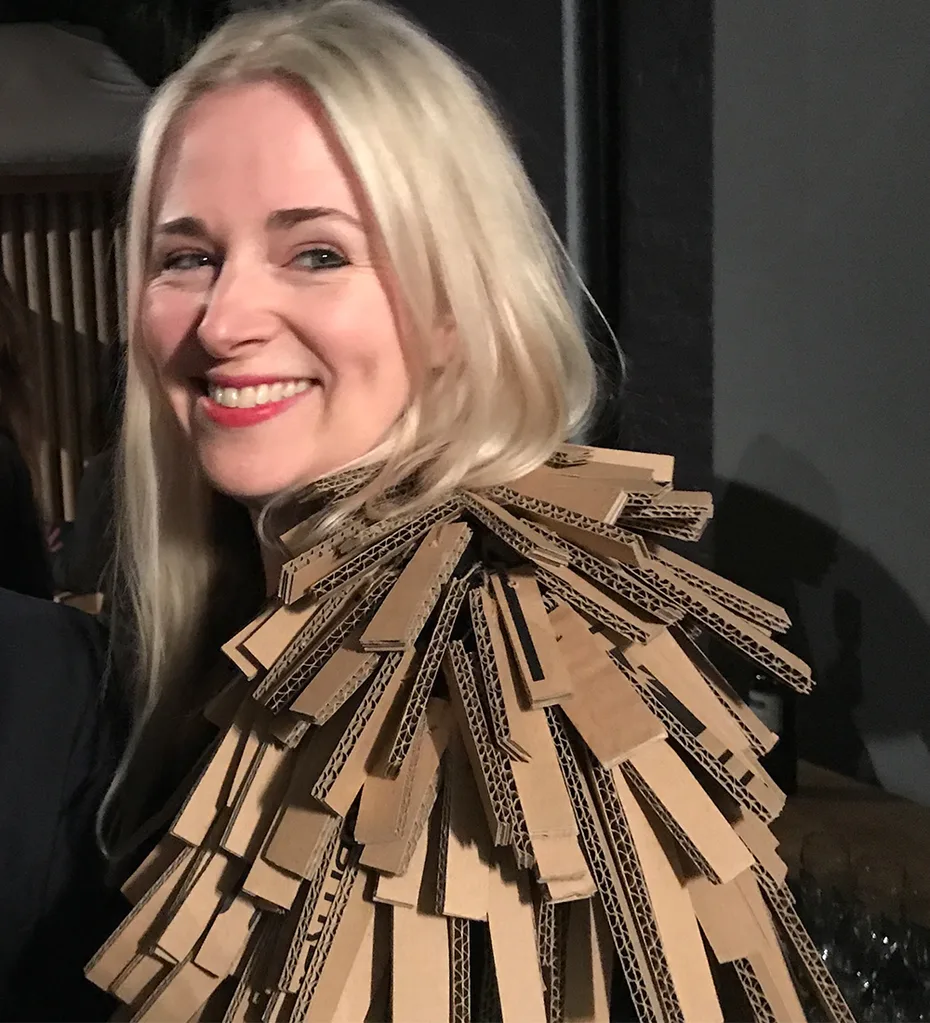
But Rebecca Prince-Ruiz says we need to remain positive. “It can be overwhelming. But what gives me hope is how willing people are to be part of the solution. Together we can make change.” Together, we have made change! Back to those plastic supermarket shopping bags. #banthebag
“Giving up single-use bags is a great start. It’s easy to develop a new habit of bringing your own cloth bags,” says Prince-Ruiz, a Western Australian who works in local government waste education.
In 2011 she had the idea for a plastics fast after visiting a local recycling facility. “I was blown away by the sheer volume, but particularly of plastic rubbish. I saw it being sorted, and baled up to be shipped to South East Asia for further processing. It’s so complex and energy intensive. I thought, we focus on recycling when we should be refusing.”
She went to work the next day and asked her colleagues who’d be up for joining her on a month-long, single-use plastics fast. They began with about 40 people, and weekly emails. Seven years later, an estimated 1 million people take part in 130 countries.
So what’s it really like to take the Plastic Free July pledge?
Half way through the month I’ve had wins and fails. Generally, it’s been easy to say no to the “big four” – single-use bags, straws, bottles and coffee cups. Simply switch to re-suable. I never used plastic cutlery and plates. I’ve switched to bar over liquid soap, which is actually rather lovely, but when it comes to cosmetics, I’ll be honest – I didn’t even try. Too wedded to my red lippie and favourite moisturiser, but I have joined the Terracycle Beauty Products Recycling Program.
It’s tricky in the supermarket, where staples such as pasta and milk routinely come in plastic packaging. Bulk dry goods stores are the best solution but I don’t live near one, so I’ve been looking for products wrapped in cardboard in the conventional supermarket, which does sell rice in cloth sacks.
I drop fruit and veg loose into my basket, reject plastic wrapped options. For green beans, I steal those paper mushroom bags. I’ve started saving all my soft plastic packaging and recycling it in the Redcycle bins at Coles – although strictly speaking, it’s not recycled, but downcycled “which means we get one more, usually lower grade, use out of it,” says Prince-Ruiz.
She makes her own yoghurt and almond milk (“easy – just soak almonds in water overnight, blitz and strain”), has found a regular milk supplier that uses glass bottles, and mostly doesn’t bother with the supermarket. “You end up buying fresh local produce and supporting local business, so you go to the butcher, fishmonger, farmer’s markets, and I think that’s what people enjoy.”
But even Prince-Ruiz isn’t perfect. “I have teenaged boys who love Weet-bix. We don’t buy them in July, but at the end of the month they’re back on the shopping list. I’ve been writing [to the manufacturers] asking, ‘Please can you line them with paper? We’d buy heaps more of them.’”
You can download Clare’s new Wardrobe Crisis podcast from the iTunes store for free, or listen through her website, www.clarepress.com
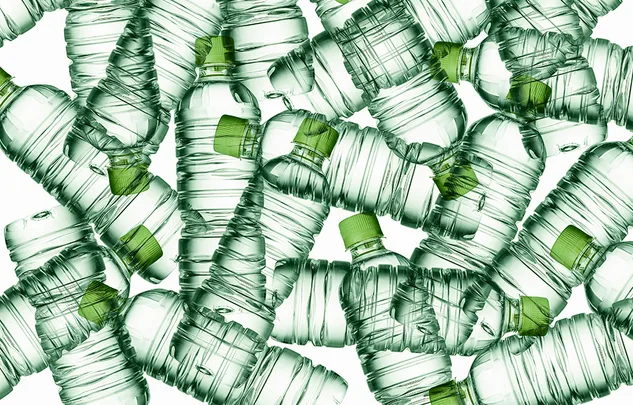 Getty
Getty
